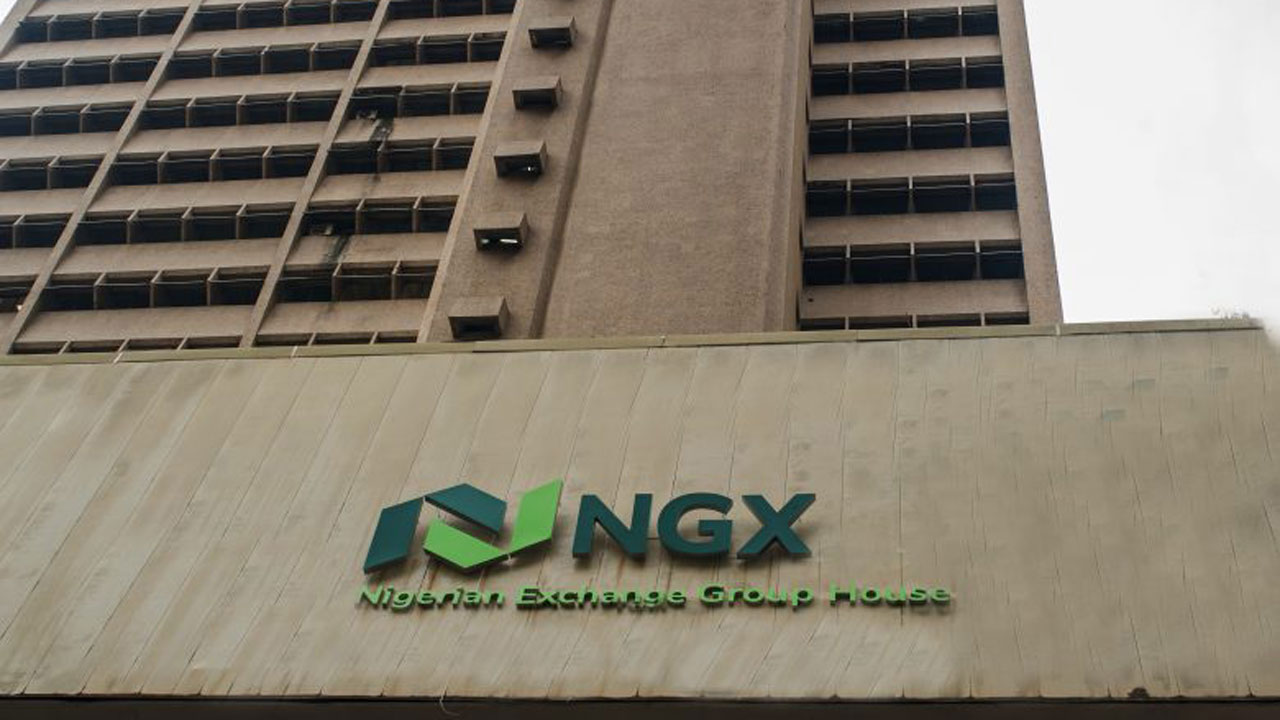The British Pound Sterling, on Monday, June 12, traded lower against the dollar as investors show reluctance in buying the currency after a British election yielded no clear majority for any party.
The GBP dropped to its lowest in nearly two months on Friday after Prime Minister Theresa May’s election gamble backfired, eroding her parliamentary majority, although her Conservative Party still won the most seats.
Having traded as strong as $1.2769, the pound was 0.1 percent lower at $1.2725, still nearly a full cent above Friday’s lows of $1.2636. Against the euro, it dipped 0.3 percent to 88.15 pence.
“We have this political uncertainty around how strong will the new government be, how difficult will it be to get through with its politics domestically, and the Brexit negotiations beginning in a week or two.”
May reappointed most of her ministers on Sunday but brought a Brexit campaigner and party rival into government to try to unite her Conservatives. She is still negotiating for support from Northern Irish Unionists to allow her to stay in power.
Aside from political uncertainty, a number of surveys over the weekend added to questions over the fate of Britain’s economy – the world’s fifth biggest – as it faces Brexit.
Almost half of British employers are unprepared for the government’s planned changes to immigration rules after Brexit, a survey from the Resolution Foundation think tank showed on Monday.
Another survey showed British business confidence has fallen sharply since last Thursday’s inconclusive election, while figures showed British consumers cut their spending for the first time in nearly four years last month as households turned more cautious even before last week’s shock election result.
Six-month sterling/dollar risk-reversals, a measure of the balance in the market between options betting on a currency rising or falling, stood at -1.3 on Monday according to ICAP data. A negative number indicates a bias for a weaker pound.
The futures market also showed a negative bias on the pound, with U.S. positioning data showing investors increasing their “short” positions on sterling in the week upto last Tuesday, before Britain went to the polling stations.
Despite the bearish sentiment in markets, some held out the prospect of a ‘softer’ Brexit after the election as being supportive for the pound.











